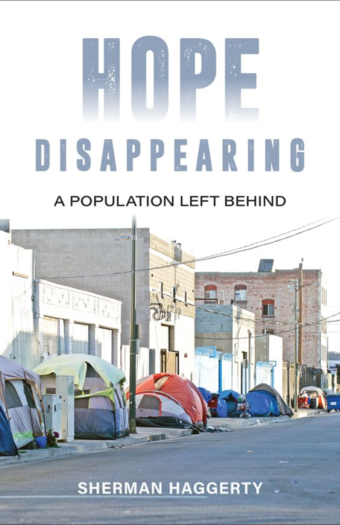SELF-PUBLISHING
NON-FICTION BOOKS
Wondering how to get the most out of self-publishing a non-fiction book? There’s no “one-size-fits-all” approach to book publishing. New non-fiction authors may find themselves reading generalized publishing advice, often geared toward fiction authors publishing novels.
But non-fiction authors have their own needs, especially when they’re publishing to build credibility as a professional in their field. Non-fiction authors should approach each step of publishing with these goals in mind. If a publisher can’t offer a plan geared specifically toward your goals, keep searching until you find one that will.

Building a Brand
Whether non-fiction authors are working on a topic like history or self-help, or a professional niche like finance or medicine, they’re building their personal brand as an expert. They could be aiming to start a career as an author or to further build an existing business, or a career as a consultant, public speaker, doctor, or other professional.
Fiction authors don’t need to worry about establishing themselves as an authority—sure, they’re building a brand as an author, but that brand is usually based entirely on their talent for storytelling. After all, some of history’s greatest fiction authors were famously reclusive.

Publishing Like a Professional
-
- Potential readers won’t bother opening a book with a poorly designed cover.
-
- Poor editing or interior design can make it difficult, and less enjoyable, to read a book.
-
- Non-fiction authors must consider how the quality of their book could affect their professional standing.
-
- Non-fiction authors can’t cut corners on editing, design, or perhaps most of all, fact-checking.
-
- Their books need to look professional, be well-written, and accurate.
Vanity Presses
-
- Lurking within the wide selection of hybrid publishers are misleading and sometimes deceptive vanity presses. The term is a holdover from a time when there were few alternatives for authors to get a book in print, short of a traditional publishing deal.
-
- Today, the term often refers to services in which authors pay to have their book printed, and get little in the way of other support or input.
- Unlike reputable hybrid publishers, they won’t provide feedback to improve your book, editing and design help will be minimal, and they simply won’t be invested in helping you publish the best book possible.


Fact-Checking
Non-fiction authors can hire a professional fact-checker, or they can fact-check their own work, taking a step back after writing and then coming back and double-checking each claim with their sources.
Taking this task on yourself could save you money, but it can be tough to take a fresh look at your own work, and detail-heavy books that make specific claims about their subject would be best served by hiring a professional fact-checker.
Choosing a Publisher
Today, there’s an increasingly rich middle ground of hybrid publishers that bring a professional approach to the structure of self-publishing. By investing in their own book, authors can enjoy all the benefits of self-publishing while getting the same expert input they’d gain from a traditional publisher.



Hope Disappearing
By Sherman Haggerty
See Izzard Ink in action with this example of a non-fiction book, Hope Disappearing by Sherman Haggerty. Learn more about the author's journey and how we worked together on the entire publishing journey.

Marketing
For professionals, marketing helps to boost not only book sales but also the reputational gains that can come from publishing a book.
-
- Marketing goals like media appearances become an end in and of themselves.
-
- Reviews and media appearances offer their own benefits on top of drawing readers.
-
- Reaching out to libraries and bookstores as well as aiming for as much mainstream success as possible will make your book that much more effective as a “business card.”
You’re not just marketing a single book here, you’re making a long-term investment in marketing your business and personal brand.
Self-Publishing a Non-Fiction Book
-
- Throughout any publishing process, the key is to keep your eye on the prize.
-
- When self-publishing a non-fiction book, that prize is often a long-term boost to your credibility, whether for future publishing projects or for the rest of your career.
-
- Make sure your approach to publishing and promotion keeps you on track to accomplish these goals.
-
- Don’t settle for a publisher that won’t personalize a publishing plan for your needs.
-
- Don’t forget to fact-check!



Gain the Izzard Ink Edge
How do you know if your manuscript is ready to be published? Our manuscript assessment gives actionable feedback from multiple professional editors.
